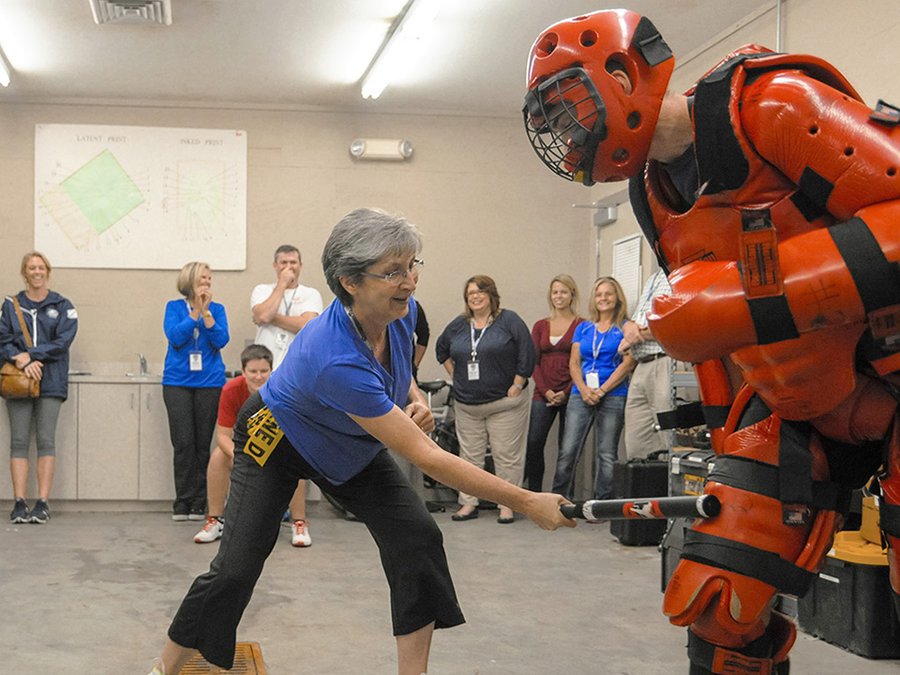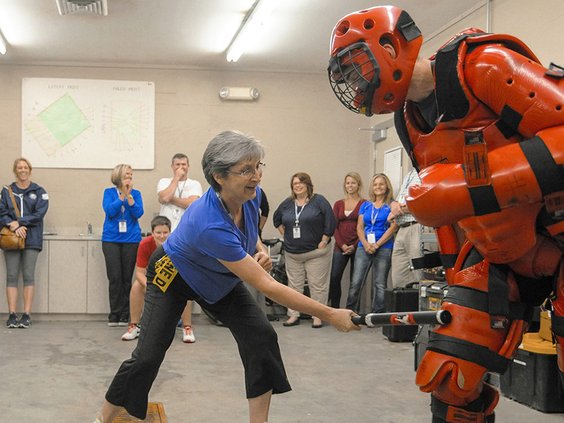How do police officers protect themselves during traffic stops? What steps do they take during crime investigations? What procedures do they take should an active shooter take hostages in a school or other building?
Answers to those questions and more will be available to members of the public who register to participate in a free course set to begin Oct. 1, but the deadline to register is Sept. 17.
The Statesboro Police Department is preparing to hold its annual Citizens Police Academy and applications are available at the Statesboro Police Department on West Grady St. and online at www.statesboropd.com .
The 2024 Citizens Police Academy starting Oct. 1 is a six-week program that consists of one class a week – 6-8 p.m. on Tuesdays. The Academy is free, but seats are limited and are filled on a first-come basis.
The classes cover topics such as patrol, traffic enforcement, investigation, and special operations. The presentations are slide show/lecture style and will be given by officers and detectives of the Statesboro Police Department. Also, there will be opportunities for hands-on learning through equipment demonstrations, practical scenarios and ride-a-longs with patrol officers.
The Academy attempts to show the public some of what officers actually encounter during their shifts, how they deal with problems, what takes place during investigations and how civilians can help be vigilant. The course, in the past, has taught people why officers touch suspects’ cars when they approach a stopped car; the proper way to use tasers, firearms and other equipment; and reasons they do certain things in handling traffic or emergency situations, such as active shooters or weather emergencies.
“Citizen's Academies are a great way for us to forge relationships with members of our community,” Chief Mike Broadhead said in a previous interview. “They really are a two-way street. We get to provide our citizens with a glimpse into the inner workings of the police department, and in return we get to learn from citizens about concerns they have, see things through their eyes, etc.
“The lasting benefit is that we get to know individuals in our community on a different level, and they get to meet and know officers in a non-enforcement setting. The importance of those relationships cannot be emphasized enough.”
All applicants must be at least 18 years old and agree to a criminal history check. Applicants also are requested to be able to commit to the full six-week program.

